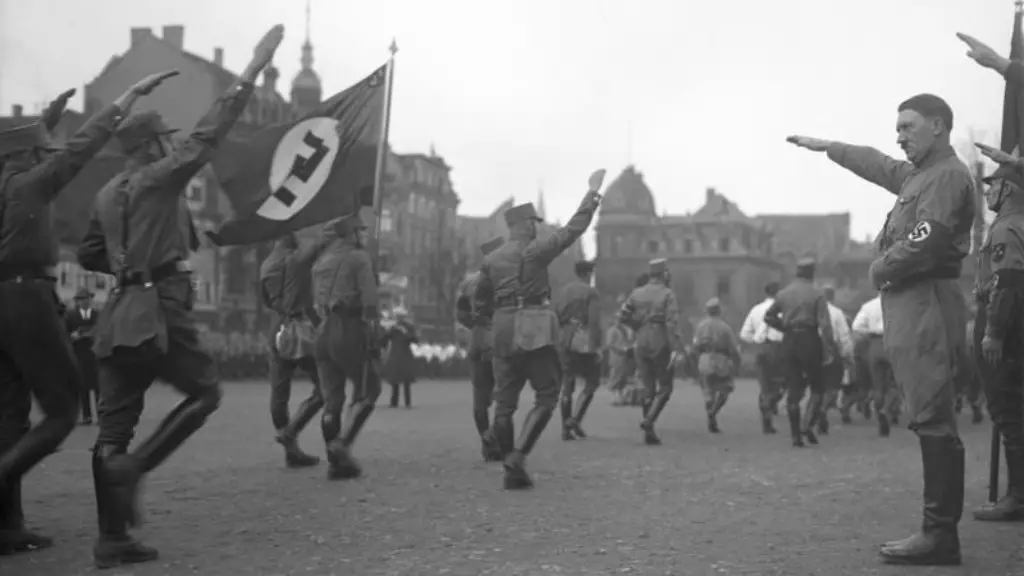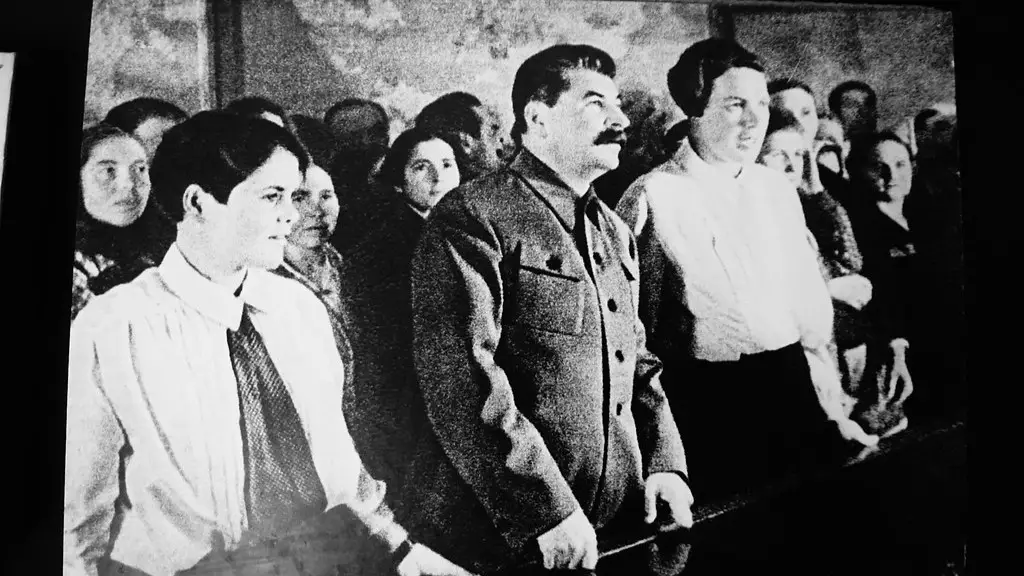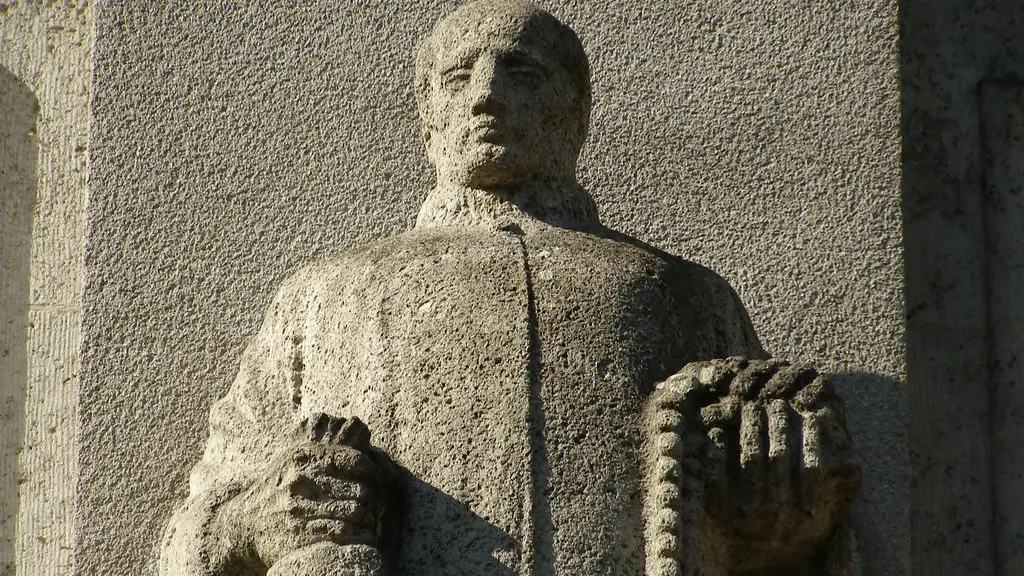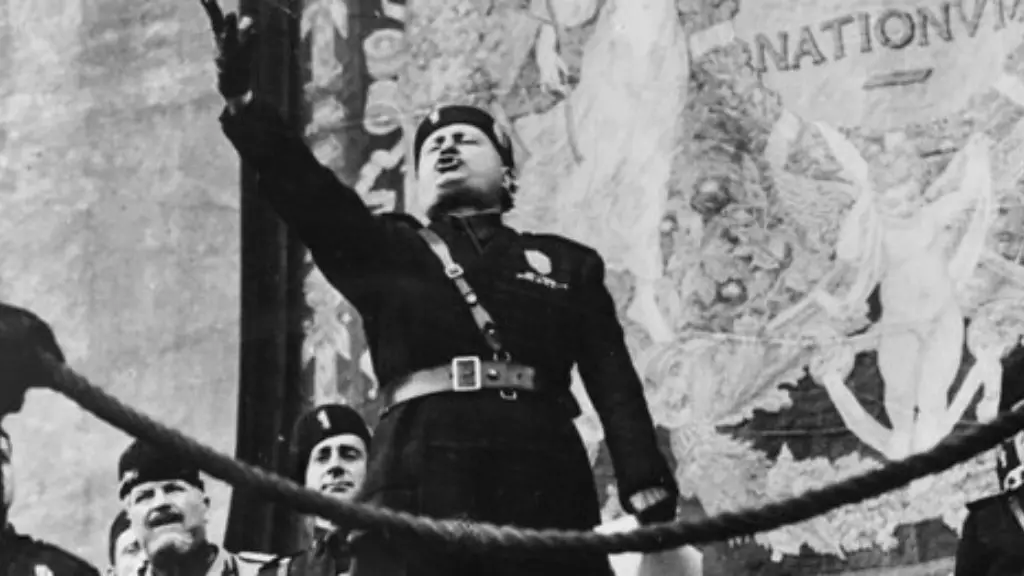Reasons Behind the Number of Deaths Caused by Hitler
The body count of those killed by Adolf Hitler during the height of World War Two is estimated to be around 6 million, making him one of the most destructive figures in world history. Hitler’s actions caused the deaths of millions of innocent people, many of whom were Jews, Poles, Slavs and other minorities. But why did Hitler kill so many people? If we look more deeply at the reasons behind the mass murder committed by Adolf Hitler, we can gain a clearer understanding of the causes of this tragic event.
The primary reason for the enormous number of deaths caused by Hitler was his extremist and genocidal ideology. Hitler believed in a ‘master race’ which he thought should be the dominant force in Europe, and he viewed Jews, Poles and other minorities as inferior. He further believed that these ‘inferior races’ should be eradicated in order to allow the ‘master race’ to flourish. In pursuit of this goal, Hitler sought to eliminate entire ethnic and religious groups that he considered undeserving of the right to life.
Hitler’s followers were also a major factor in the large number of deaths. Nazi Germany was very militarized and paramilitary organizations played a central role in the execution of Hitler’s policies. The SS, Gestapo, SA and other paramilitary forces were highly effective in obtaining information, arresting people and carrying out mass executions. This network of paramilitary organizations was one of the main driving forces behind Hitler’s atrocities.
Hitler also implemented large-scale propaganda campaigns in order to incite hatred among the population and to manipulate their opinions. He used propaganda to portray Jews and other minorities as the root of all evil and sought to gain widespread support for his genocidal policies. These propaganda campaigns convinced many people that Hitler’s methods were necessary and helped to create a situation where millions of innocent people were exterminated.
Finally, the underlying economic and political conditions of the time also played a role in the deaths caused by Hitler. The Great Depression in Europe had caused high levels of unemployment and a sense of hopelessness among many people. This created an environment in which groups such as the Nazis, who promoted extreme and exclusionary ideologies, were able to gain traction and support.
Loss of Human Life
The magnitude of the loss of life caused by Hitler is almost incomprehensible. Approximately 6 million Jews and an estimated five million non-Jews died under his rule. This included 1.5 million children, many of whom were brutally murdered in Nazi concentration camps. The scale of the Holocaust was so vast that it profoundly changed the way we think about the rights of individuals and the value of human life.
The destruction caused by Hitler also had long-term social and economic consequences. For example, many survivors of the Holocaust were forced to flee their homes in search of safety, resulting in large-scale population movements that disrupted social life and economic structures. Additionally, the trauma that many of the survivors endured affected them deeply and many were never able to fully recover.
The Legacy of Hitler
The horrific legacy of Hitler’s actions still haunts us to this day. His actions have left a deep impression upon our history, one of the darkest chapters of which was the Holocaust and the deaths he caused. Hitler’s actions have shaped our moral consciousness and have reminded us of the terrible consequences of allowing our worst instincts to reign unchecked.
Hitler’s only redeeming legacy is that his actions helped to bring about a greater recognition of the importance of basic human rights and respect for the dignity of all people. This has been reflected in the establishment of the United Nations, which seeks to advocate for the protection of basic human rights and freedom for all.
Conclusion
The number of deaths caused by Adolf Hitler is a tragic reminder of the human capacity for evil and destruction. While we can never fully comprehend the enormity of the suffering that his actions inflicted upon millions of innocent people, we can remember Hitler’s victims and keep their memory alive. This may help us to prevent such destructive events from occurring in the future.
Impact on Survivors
The death caused by Hitler resulted in the displacement of millions of survivors of the Holocaust, who fled their homes in search of safety. This resulted in the disruption of social and economic structures, as many survivors were forced to migrate to far-away countries. Furthermore, the trauma inflicted upon many survivors was immense and many were unable to fully recover from their experiences.
The impact of the Holocaust on survivors has been well-documented in various works of literature, film and television. These works have served to remind us of the human cost of Hitler’s atrocities and to promote compassion for survivors. They have also helped to educate future generations about the importance of understanding the Holocaust and its consequences.
Remembering the Victims
The death caused by Hitler have left a deep scar in the hearts of all those affected by the Holocaust. It is therefore important that we remember the victims of the Holocaust and keep their memory alive. There are a number of ways to do this, including through memorials, monuments and commemorative services. Through such activities, we can ensure that the victims are not forgotten and that their suffering is never forgotten.
Additionally, it is important to educate future generations about the events of the Holocaust, in order to ensure that they are aware of the terrible consequences of allowing our worst instincts to reign unchecked.
Importance of Education
Hitler’s actions have served as a reminder of the importance of education. Education is our best weapon against bigotry and hatred, as it helps to promote a greater understanding of and appreciation for different cultures and societies. By educating future generations about the consequences of extremism and hatred, we can ensure that these ideologies are combated and that such horrific events are not repeated in the future.
It is therefore essential that we continue to promote education about the Holocaust and other genocides and to educate future generations about the value of tolerance and acceptance. This is our best hope for a future free from bigotry and hatred.




